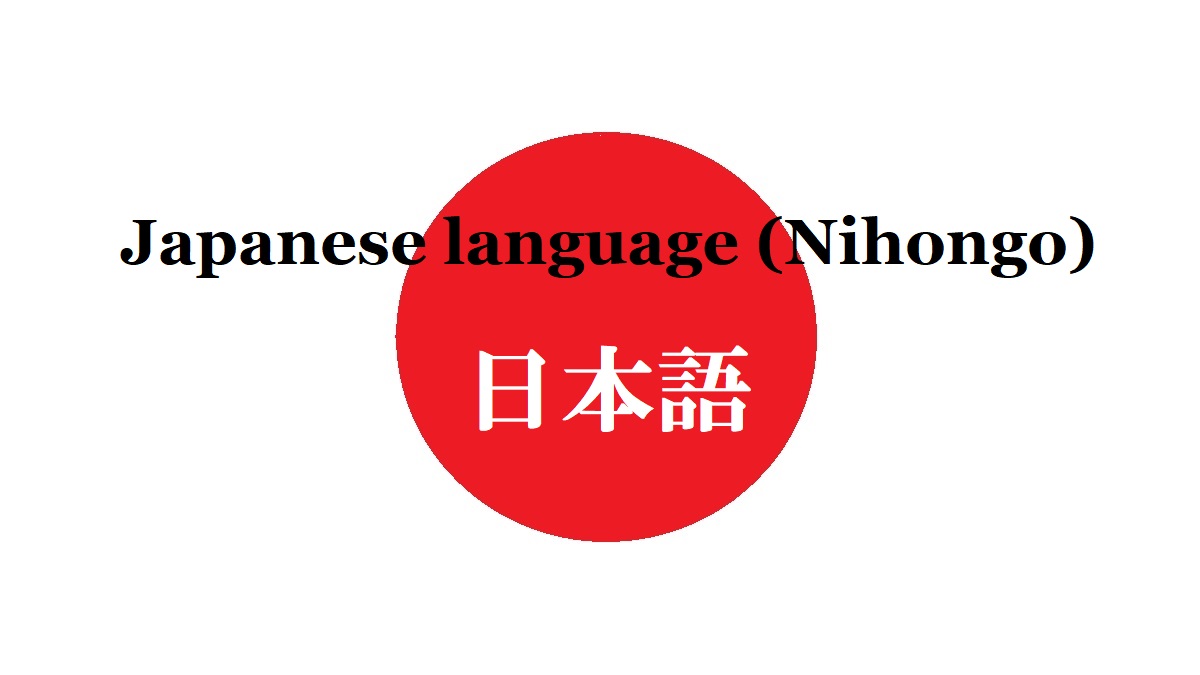[Step.4] Question sentence
Making question sentence
When you make Japanese question sentence, that is very easy.
You only have to add “ka?” to the end of the sentence.
This "ka" is also a particle.
(Ex.1) Do you go to Kyoto?
you (pronoun) = anata
(Ex.2) Are you a nurse?
nurse (noun) = kangoshi
Of course, these answers are "Yes." (= "Hai.") or "No." (= "Iie".)
Pronoun of question (Interrogative pronoun)
In English, there are "what", "who", "which" as interrogative pronoun.
In addition, there are "whose" and "whom" by grammatical case.
And the word is put at the top of the sentence.
In Japanese, they are the following.
- what = nani, nan
- who = donata, dare
- which = dochira
- which + (noun) = dono + (noun)
In Japanese, these are inserted in any sentence element with a particle.
Therefore, the grammatical case of question is very clear in the sentence.
About what, “nani” is used as subject and object, and “nan” is used as complement before “desu” in Pattern-B.
When “nani” is used in subject, “ga” is always used as the particle.
About who, "donata" is the safer word with respect for you.
"Dare" is the basic word, but has no respect.
About which, when it connects to noun, the pronoun is "dono".
(Ex.3) What do you eat?
The object is question word.
eat (verb) = taberu. “Taberu” is the base form, but it changes to “tabe” before “masu”.
(Ex.4) What do you use to go to Tokyo?
The speaker asks the method to go to Tokyo.
(Ex.5) What is the answer?
In Pattern-B, we can make two kinds of sentence.
When question word is the subject, the particle is "ga".
And when question word is complement before "desu", it becomes "nan".
answer (noun) = kotae
Kotae wa nan desu ka?
(Ex.6) Who is a nurse?
nurse (noun) = kangoshi
Kangoshi wa donata desu ka?
(Ex.7) Which do you eat, sushi or sukiyaki?
Sukiyaki is a famous Japanese food boiling sliced beef and vegetables in a pot.
"A or B" is "A ka B ka" in Japanese, and that is put just before "dochira".
(Ex.8) Which bus goes to Tokyo?
"Which" is before noun. "Dono" is used.
When question words are the subject, the particle is "ga".
Adverb of question (Interrogative adverb)
In English, there are "when", "where", "why", "how" as interrogative adverb.
These are used like adverb.
- when = itsu
- where = doko
- why = naze, dôshite, nande
- how = donoyôni, dô, dôyatte
- how many = ikutsu
- how old (age) = ikutsu
- how much (price) = ikura
About "when", when you ask the date simply, only "itsu" is used.
But you can ask the starting date as "itsu kara" and the ending date as "itsu made" using a particle.
About where, a particle is generally added as adverbial phrases.
For example, "doko e", "doko ni", "doko de". doko kara", "doko made".
About "why", both “naze” and “dôshite” are OK.
As an additional word, colloquial “nande” is often used.
About “how”, there are various words.
You may choose any of them.
(Ex.9) When will you go to Tokyo?
This sentence ask the date simply.
So the question word is "itsu".
(Ex.10) When does she start to teach Japanese?
This sentence ask the starting date.
In Japanese, particle "kara" meaning "from" is used with the question word.
Japanese (noun) = nihongo
teach (verb) = oshieru. Before “masu”, “oshieru” changes to “oshie”.
(Ex.11) Where do you eat sushi?
This question askes the place doing the action.
(Ex.12) How many sushis do you eat?
This question askes the number of sushi you eat.
(Ex.13) How old is she?
"How old" is also "ikutsu" in Japanese.
(Ex.14) How much is this book?
this (pronoun of possessive case) = kono
book (noun) = hon


